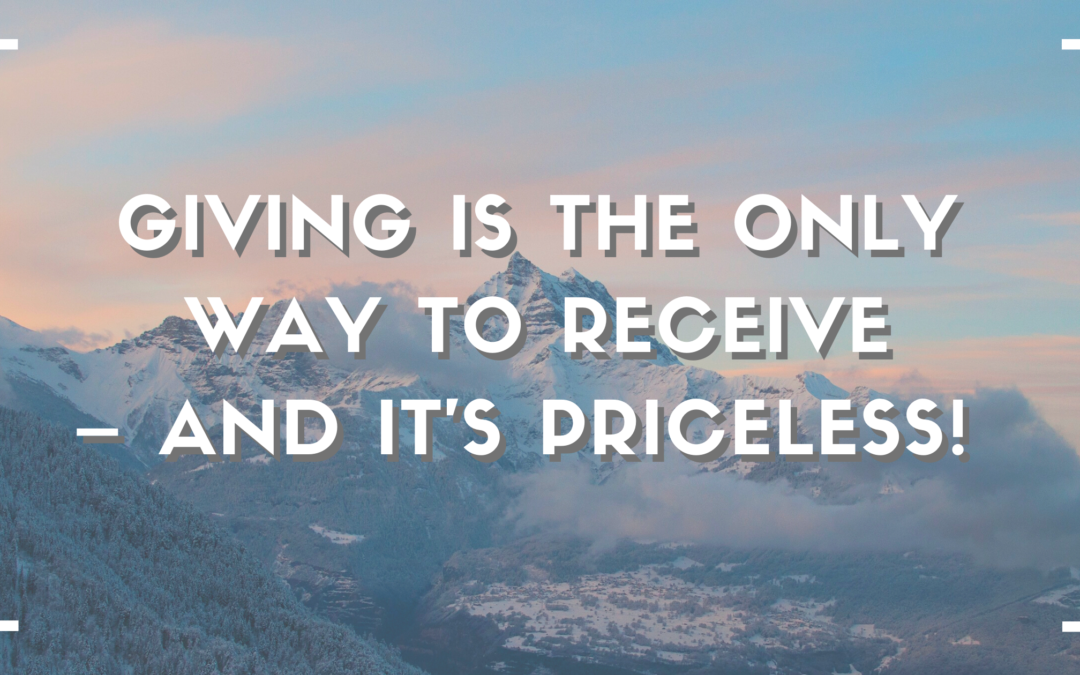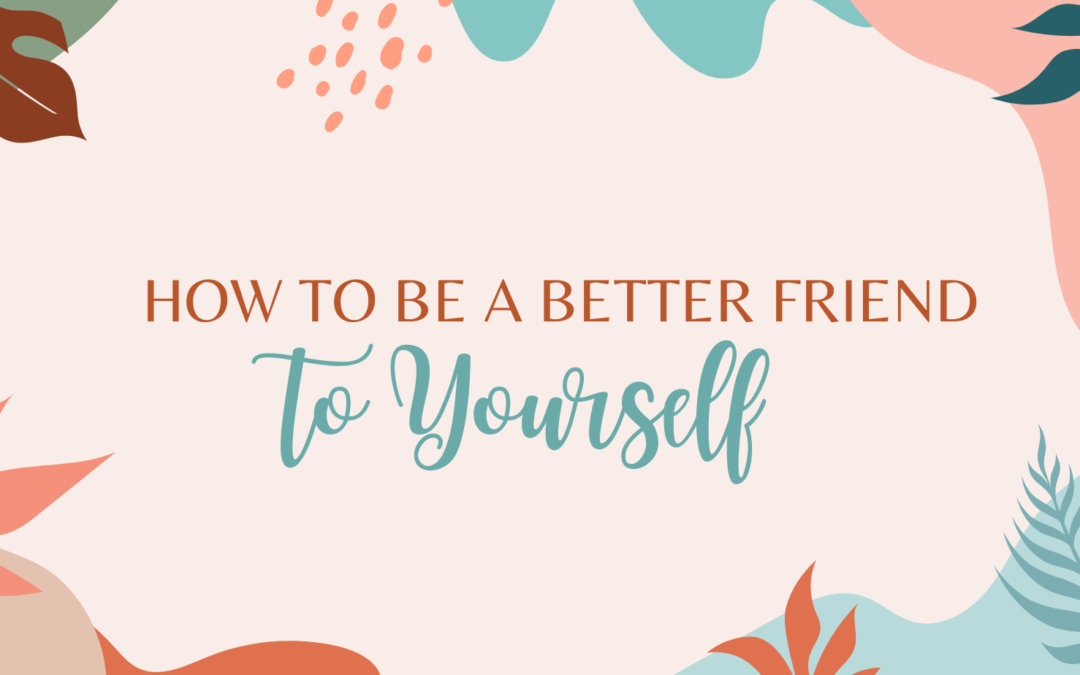
How to Stop Being Overwhelmed by the World Around You
Do you ever have a day when you’re annoyed at everything? Someone humming a song, the construction sounds or just people talking makes your skin crawl. Everyone one tell you you are the one being annoying and irritating and no one is doing anything problematic. You just want to scream at the top of your lungs, “Leave me alone!”
Why does this happen?
The root phenomenon of the situation is called ‘sensory overload’. In simple words sensory overload is when you’re getting more input from your five senses than your brain can sort through and process.
Your brain feels stuck when it is overpowered by all the information and hence not able to comprehend.
Even though sensory overload is often associated with health conditions such as autism, anyone can experience it. After all, it is just our brain getting overloaded with information, which tends to happen every once in a while.
Triggers for sensory overload can include:
- Loud noises or music
- Crowded spaces
- Emotionally intense people or groups
- Drastic environmental changes (temperature, light, etc.)
- Unexpected or unwanted physical contact (hugs, etc.)
- Heavy traffic
- Tactile triggers (scratchy or uncomfortable clothing, etc.)
- Intense smells
- Or anything that is an input for your five senses
Even though these things mostly don’t agitate one, when they do agitate you it’s because you were already overwhelmed by stress, anxiety or being worried about something.
What sensory overload can look like
Experiencing sensory overload is different for everybody but it could look like:
- Anxiety and an inability to relax
- Irritability
- Tantrums (in children)
- Restlessness and physical discomfort
- Urge to cover your ears and eyes to block out the source of input
- Stress, fear, or panic
- High levels of excitement or feeling “wound up”
- Desire to escape the situation triggering the sensory overload
For me it often looks like anxiety about something, but I don’t know what.
So what to do to get rid of this?
Overcoming sensory overload
It’s pretty simple, you might have even guessed it by now.
You need to reduce the amount of input your senses receive. You can do it by reducing or completely blocking off the input source, or increasing your output. Don’t worry if it doesn’t make sense right now. It will later on.
Here are some of the ways:
- Avoid the news
Consuming news bombards us with all the grief of the world, specifically the ones you have no control over. It leaves us overthinking, and feeling helpless and anxious.
- Stop overthinking
Speaking of overthinking; even though overthinking isn’t an input from your senses, it’s an overload because the more you think, the more processing your brain has to do. So basically, STOP OVERTHINKING.
- Less screen time
You knew this was gonna be on the list and here it is.
What I mean by screen time, is the mindless scrolling we all do. Looking at all the posts, reels and stories gives us more things to see and hear than our senses can digest.
These ways reduce the amount of information we take in.
- Sleep
I’ll be honest here. I have no logical reasoning why taking a nap can make you less irritated. But I can guarantee you that it does make you less irritated. Possibly because of the fact that you don’t consciously take in information while you sleep.
- Shower
When you take a shower or a bath, all your focus goes to the sensation of water you feel through your skin, inevitably blocking out the sensations from the other senses to some extent. Besides, the fact that showers relax and calm you is no secret.
These were two approaches to block out the information we absorb.
It is exactly what is sound. Empty out the contents of your brain on paper. Write whatever thoughts are in your head onto the paper – as if you are thinking aloud. It not only focuses your attention on one thing, but it also allows you to actually see what is going inside your mind and hence you can process it better.
- Workout
Just like a brain dump, working out focuses your attention on one task, exercising being the one here. It also releases the anxiety we feel in the form of energy.
The activity doesn’t have to be a workout. It could be anything that brings your attention to one point and releases it in some way.
Brain dumping and working out help you increase your output, thus reducing the final input.
Recap for memory:
- When you’re getting more input from your five senses than your brain can sort through and process, you are experiencing sensory overload.
- It can be triggered by things like loud noises or music and show up in the form of irritability, etc.
- You can overcome sensory overload by reducing the amount of input your senses receive.
Let me know your views about the post and what are your ways of reducing the agitation. Is there anything you would like me to talk about?





